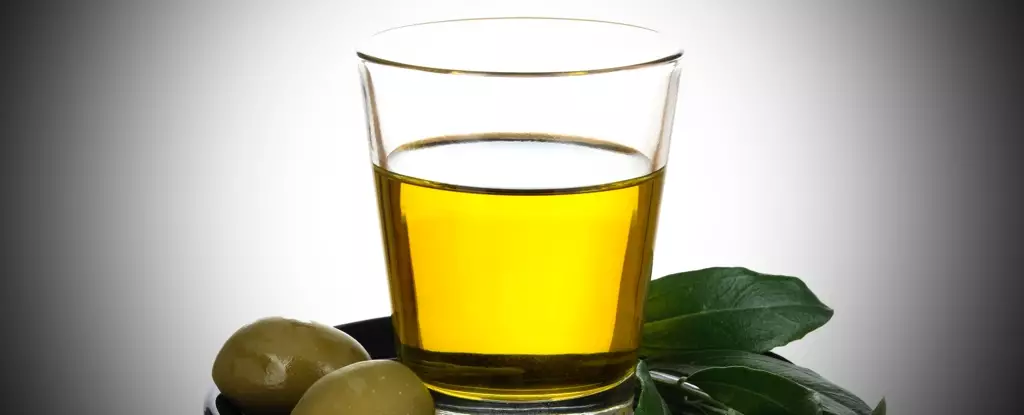The idea of using olive oil as a preventive measure against alcohol hangovers has gained popularity in recent times. The theory behind this trick is that the high-fat content of olive oil can create a protective coating on the stomach lining, thus slowing down the absorption of alcohol and reducing the severity of hangover symptoms. However, it is crucial to approach this claim with skepticism as there is a lack of scientific evidence to support it.
Alcohol absorption primarily takes place in the small intestine, with only a small percentage being absorbed in the stomach. The body’s metabolism of alcohol, particularly in the liver, is the main factor that leads to hangover symptoms such as dehydration, headaches, and nausea. Olive oil does not have a significant impact on this metabolic process, making it an ineffective solution for preventing hangovers.
Instead of relying on unproven methods like olive oil, it is essential to focus on more established strategies for preventing or minimizing hangovers. Hydration plays a crucial role in reducing hangover symptoms, so it is advisable to drink water before, during, and after alcohol consumption. Consuming a nutritious meal before drinking can also help in slowing down alcohol absorption more effectively than olive oil. Moderation in alcohol consumption is key to avoiding hangovers, as setting limits and pacing intake can significantly reduce the risk.
While some individuals may swear by the effectiveness of the olive oil method, it is essential to consider the placebo effect. Believing in a remedy can sometimes lead to perceived improvements, even if the remedy itself lacks scientific backing. Anecdotal accounts of success with olive oil as a hangover cure may be influenced by this psychological phenomenon.
The idea of using olive oil as a hangover cure may seem appealing due to its simplicity, but it is essential to be critical of such claims. Without solid scientific evidence to support its effectiveness, olive oil should not be relied upon as a comprehensive solution for preventing hangovers. Instead, focusing on hydration, nutrition, moderation, and replenishing lost nutrients after drinking are more practical and evidence-based strategies for minimizing the effects of alcohol consumption.


Leave a Reply